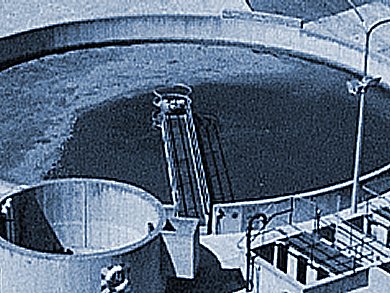In both animals and humans, up to 95 % of antibiotics can be excreted in an unaltered state. Wastewater treatment plants (WWTPs) do not completely remove common antibiotics like tetracycline, erythromycin, sulfonamide and ciprofloxacin and may actually enhance the abundance of antibiotic-resistant bacteria and antibiotic-resistance genes (ARG). Anthropogenically impacted natural aquatic and terrestrial environments can serve as reservoirs of ARG, which can be horizontally transferred to human-associated bacteria through water and food webs, and thus contribute to antibiotic resistance (AR) proliferation.
Treated wastewater (TWW) irrigation is becoming increasingly prevalent in arid regions of the world, due to growing demand and decline in freshwater supplies. Eddie Cytryn, Agricultural Research Organization, Bet Dagan, Israel, and colleagues wanted to find out if long-term irrigation with treated wastewater enhances antibiotic resistance in soil microbial communities, which could potentially be transferred through agricultural produce to clinically relevant bacteria.
AR in soil was assessed using standard culture-based isolation methods and culture-independent molecular analysis using quantitative real-time PCR (qPCR).
High levels of bacterial AR were detected in both freshwater- and TWW-irrigated soils. However, it was found that levels of antibiotic-resistant bacteria and genes for antibiotic resistance in fields and orchards irrigated with freshwater and TWW were essentially identical. The findings suggest that antibiotic-resistant bacteria that enter soil by irrigation are not able to survive or compete in that environment.
- Impact of Treated Wastewater Irrigation on Antibiotic Resistance in Agricultural Soils,
Yael Negreanu, Zohar Pasternak, Edouard Jurkevitch, Eddie Cytryn,
Environm. Sci. Technol. 2012.
DOI: 10.1021/es204665b



